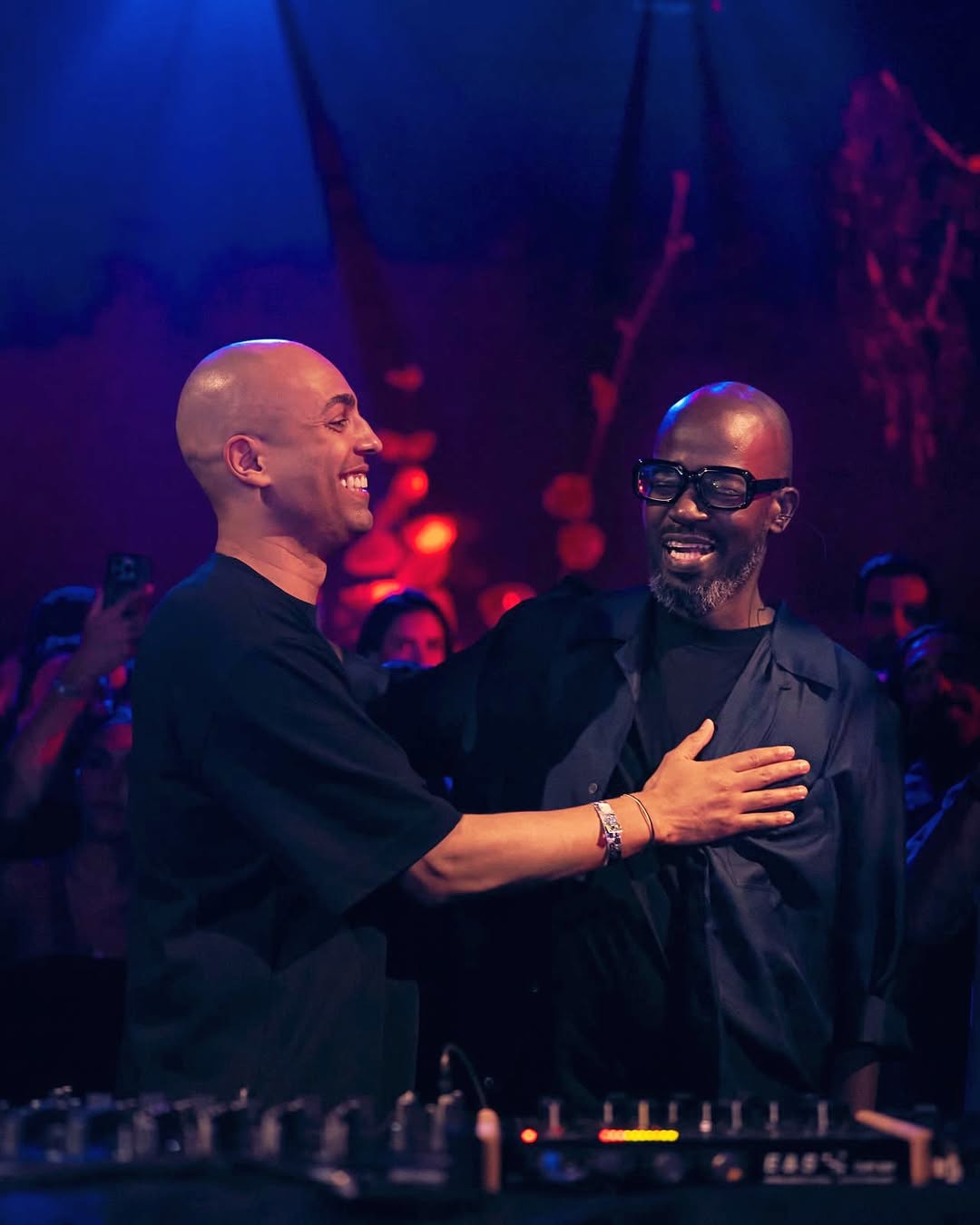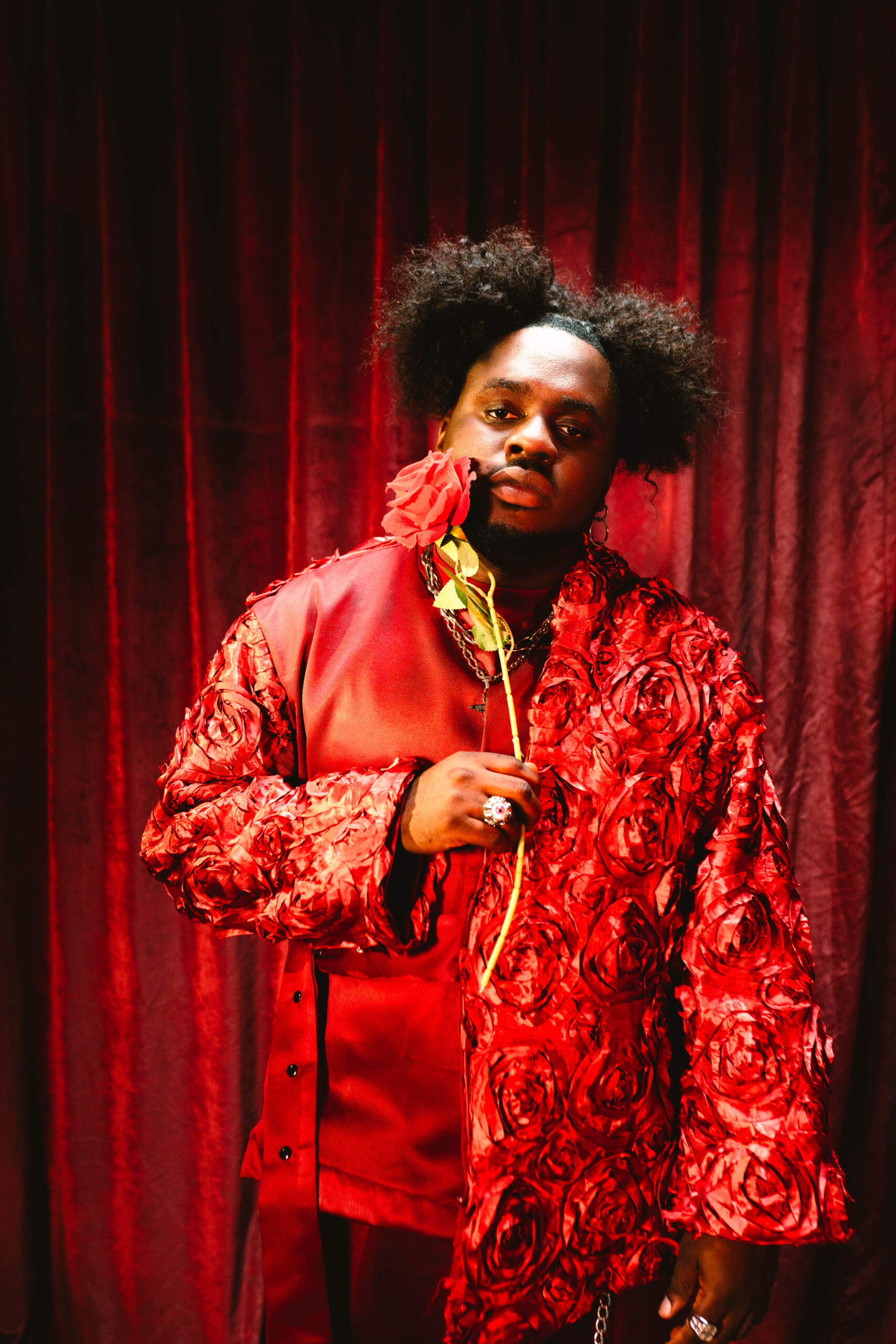Bomi Anifowose
There is a certain intentional audacity in naming an EP The Prologue. A prologue, by design, is never the whole story, it is the threshold, the keyhole view, the gathering of breath before the main narrative breaks open.
Nigerian- born- London- based indie singer Dinachi understands this architecture intimately. By coining her delicate five-track offering ‘Wúrà: The Prologue‘, the singer signals that what we are hearing is not the destination, but the opening gesture of a much larger creative vision, perhaps an album, perhaps a multi-sensory archive, perhaps a cultural cartography still unfolding in her mind.
And because she frames this work as a preliminary text, the EP carries a tantalizing tension: it stands fully formed, yet promises more.
Dinachi’s folky music focused ‘Wúrà: The Prologue‘ feels like a refusal, an elegant one, but a refusal nonetheless. A refusal to let childhood songs become fossils. A refusal to let the past sit untouched in the museum of memory. A refusal to perform nostalgia the way global audiences expect African artists to: loudly, colourfully, with the gloss of cultural export. Instead, she proposes something far more radical.
Across five tracks and fourteen minutes, Dinachi revives songs once sung on red sand and under moon-thick nights, but she does not over romanticize them. She treats them as living organisms, breathing, aging, mutating. The EP stitches together Igbo, Yoruba, Hausa, and even Igala, Bini, and Urhobo echoes, not as a pan-African pitch, but as the natural geography of childhood: multilingual, messy, uncurated, beautifully ungovernable.
The opening track, “Akwukwo Na Ato (Bata Mi A Dun Kokoka),” feels like someone cracking open a memory with both hands. Dinachi’s voice is soft but assertive, balancing delicacy with an almost archival precision. The guitar pickings interrogates. Every pluck is a question: What do you remember? What have you forgotten? What are you willing to hold?
“Iya Ni Wura” is arguably the EP’s highlight. The Yoruba proverb-song—mother as gold—is delivered without theatrics. The piano led beauty casts an overwhelming sense of maternal warmth. On the track, Dinachi sings with the restraint of someone who has finally understood the weight of inheritance.
The call and response style in “Onye Mere/Doki Salama” gives a upbeat oomph to the EP, morphing tentatively from the subtle mood that ushers the body of work, and yet sustaining the body of work’s thematic expression.
‘Omode Meta Sere’/ ‘Ojo n Ro’ in it’s initial stages follows suit with the mellow acoustic folky vibe before it briefly crescendos at the song’s climax. The Folky, indigenous championed oeuvre ends on a bright tempo with ‘Omo Mo Ni Kelede’.
In hindsight, the EP is only one component of a larger organism: The Wúrà Project, Dinachi’s collaborative cultural preservation initiative with author Chibundu Onuzo. Through WÚRÀ: The Celebration, they are designing something expansive—an intergenerational archive of songs, dances, stories, and memory practices.
If this EP is the prologue, the full project may well be the novel: a narrative of cultural endurance written through festivals, performances, and communal memory-making.
Ultimately, what makes Wúrà: The Prologue astonishing is not solely its minimalism but also its literary and thematic intentionality. Dinachi has crafted an EP that knows exactly what it is and what it is not. It is not the whole story. It is not the final form. It is not the climax. It is the breath before the plunge. The shadow before the figure steps into view. The golden thread before the tapestry is woven. Yet, it is breath takingly full- with nostalgia
EP SCORE: 8/10




